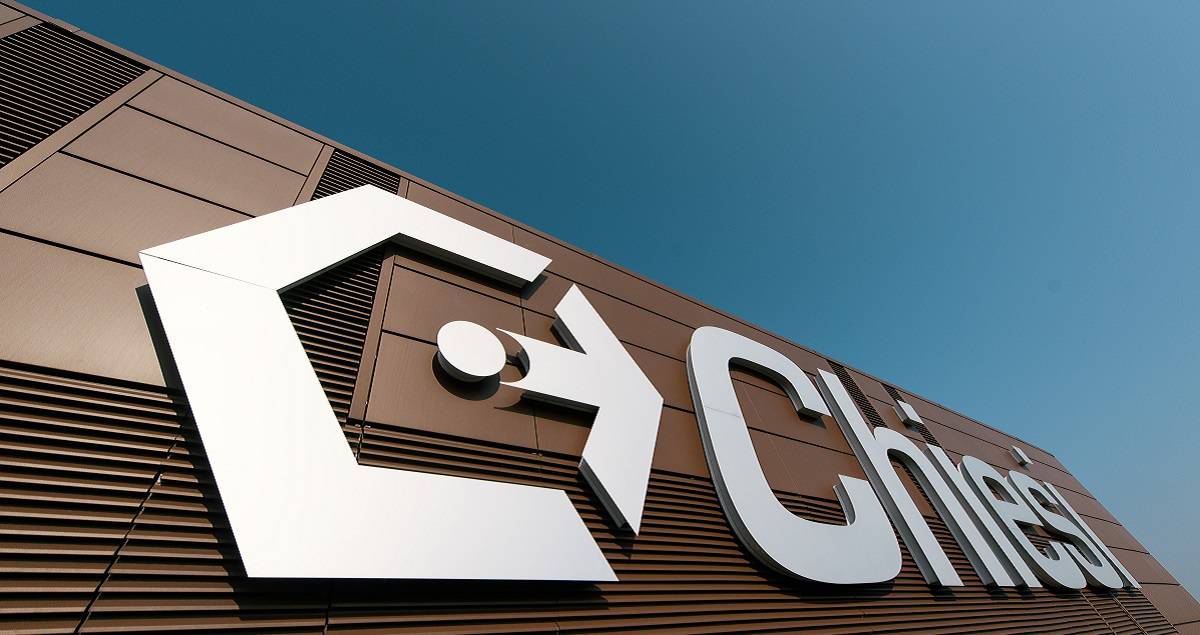
Italian research-focused healthcare group Chiesi has announced it will set up a new division which will advance R&D for rare and ultra-rare diseases.
The new business unit – Chiesi Global Rare Diseases – will be headquartered in Boston, US and will have an initial focus on research and product development in lysosomal storage disorders, rare haematology and ophthalmology disorders.
“Chiesi has a long history of success in discovering, developing and commercialising innovative therapies to address unmet needs for people living with rare diseases,” said Giacomo Chiesi, head of Chiesi Global Rare Diseases.
“With the Chiesi Global Rare Diseases unit, we are taking this to an entirely new level – rededicating and strengthening our efforts to support individuals and families affected by rare diseases all around the world,” he added.
Chiesi already markets rare disease therapy Lamzede (velmanase alfa), which is approved by the European Medicines Agency for the treatment of patients with mild to moderate alpha-mannosidosis.
Alpha-mannosidosis is an ultra-rare, inherited genetic lysosomal storage disorder caused by the absence or malfunction of the alpha-mannosidase enzyme.
Patients afflicted with the disorder can experience a myriad of symptoms, including facial coarsening, intellectual disability, progressive motor function disturbances, hearing impairment and impaired speech.
Chiesi acquired Lamzede when it bought Zymenex in 2013 – the drug is administered weekly as intravenous infusions and the works by replacing the missing or malfunctioning enzyme.
In 2018, Chiesi also acquired the rights to commercialise – if approved – pegunigalsidase alfa, an investigational enzyme replacement therapy for Fabry disease that was developed by Protalix BioTherapeutics
Protalix recently announced positive 12-month data from a phase 3 trial of the therapy, which showed that the first 16 of 22 adult patients enrolled demonstrated a mean improvement in kidney function, in both male and female patients, when switched from agalsidase alfa to pegunigalsidase alfa, the standard treatment.
“We are officially launching the division in advance of the WORLDSymposium, one of the most important annual meetings focused on rare diseases.
“During the meeting, we look forward to connecting with many members of the lysosomal storage disorder and broader rare disease communities to outline our hopes and goals for the division and identify opportunities for us to collaborate in research and patient advocacy,” added Chiesi.




